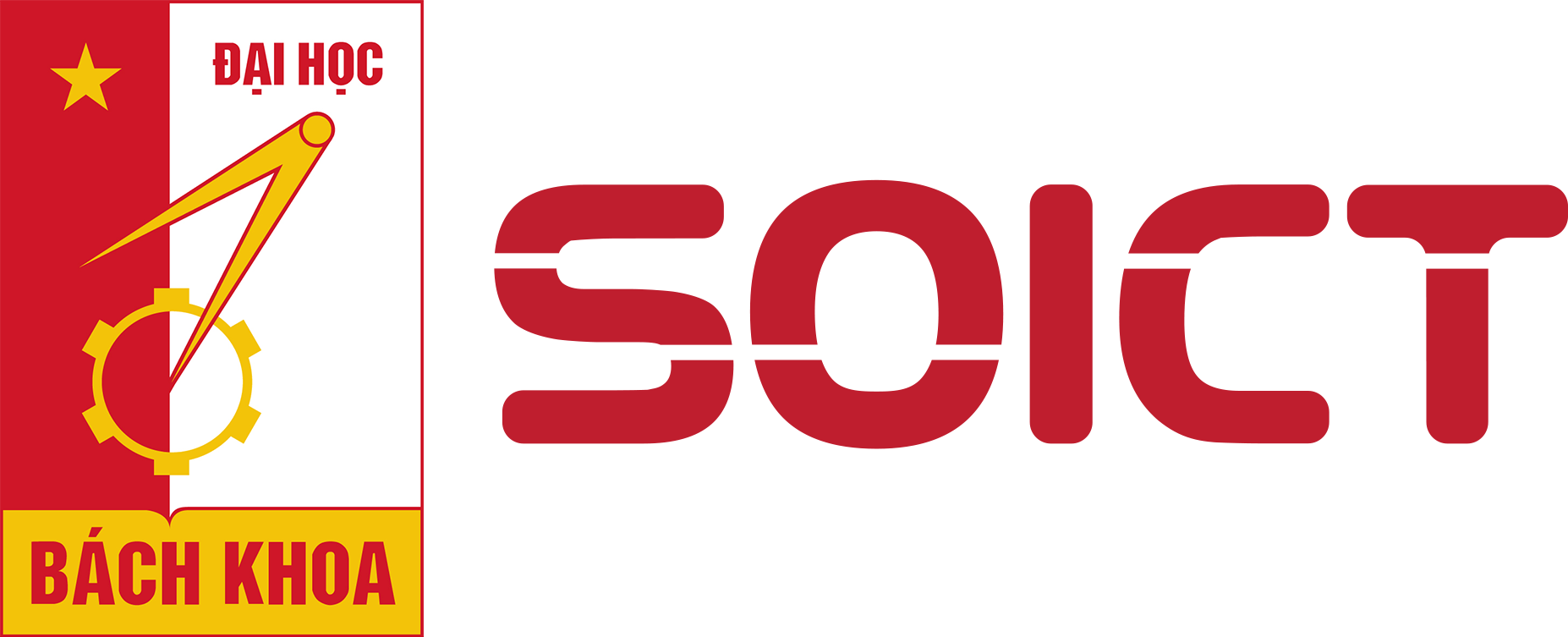Topic: What does Artificial Intelligence Change for us? A reflection from an Ethical point of View.
Time: 9h45-11h45, Thursday, November 30th, 2023
Speaker: Mr. Phinith Chanthalangsy, Regional Advisor for the Social and Human Sciences, in the UNESCO Bangkok Office (Thailand)
✅ Location: Hybrid
- Offline at Room 504, B1 Building, HUST (maximum 40 slots)
- Online via Zoom (the link will be sent later)
- Livestream at SoICT’s fan page
✅ Registration link: https://forms.office.com/r/UD3w4ZGy7f
Note that this lecture is mandatory for all SoICT’s IT1 and ITE10 students.

✅ Abstract:
On 25 November 2021, UNESCO Member States adopted the Recommendation on the Ethics of Artificial Intelligence (AI), a first ever global standard on the matter. This historical text, in its universal dimension, defines the common values and principles which shall guide the shaping of legal and policy infrastructures that should ensure an ethical and responsible development and use of AI. In its Preamble, this Recommendation recognizes “the profound and dynamic positive and negative impacts of artificial intelligence (AI) on societies, environment, ecosystems and human lives, including the human mind, in part because of the new ways in which its use influences human thinking, interaction and decision-making and affects education, human, social and natural sciences, culture, and communication and information”.
As all societies have embarked in a journey towards “Digital Transformation” or “Fourth Industrial Revolution”, some fundamental questions remain vital to Humanity:
- To what extent the AI technologies are changing or will change the “human thinking, interaction and decision-making” in the ASEAN region, considering its own contexts and specificities?
- Since AI systems can calculate by processing data, but can certainly not understand the human being in all its dimensions – emotional, spiritual, intellectual, historical, cultural, gender, socialization, etc. – can we reasonably delegate the power to make decisions, including on vital issues?
- What are the risks of biases for under-represented groups of people with AI technologies that are developed from dominant datasets? What could be the long-term cognitive impact on humans?
This lecture will discuss the ethical implications of AI for societies in South-East Asian countries by looking at some areas of application, such as future of teaching and learning, the future of work and de-humanisation or alienation of workers, or social surveillance. UNESCO’s technical assistance to member states to implement the 2021 Recommendation will also be presented and discussed, with potential work in Vietnam within its National Digital Transformation Program to 2025, with an Orientiation to 2030.
✅ Speaker Bio:
Philosopher by training, Phinith Chanthalangsy is Unit Head of the Social and Human Sciences Sector, in the UNESCO ROSA Office in Harare (Zimbabwe). His fields of specialization are Comparative Philosophy, Ethics, and Cultural Studies. He joined UNESCO Headquarters in Paris (France) in 2007, under the Philosophy, Democracy and Human Security Programme. From 2012 to 2019, he worked in the UNESCO Office for the Maghreb region in Rabat (Morocco), in charge of Youth Civic Participation and Citizenship and Human Rights Education, Gender, Social Inclusion, Philosophy, Ethics, and Intercultural Dialogue. Prior to joining UNESCO, he worked as a Research Fellow at the Ecole Française d’Extrême-Orient and the National Library in Vientiane, Laos.
References: UNESCO (AI)
Slides: to be updated …
Recording: to be updated…

